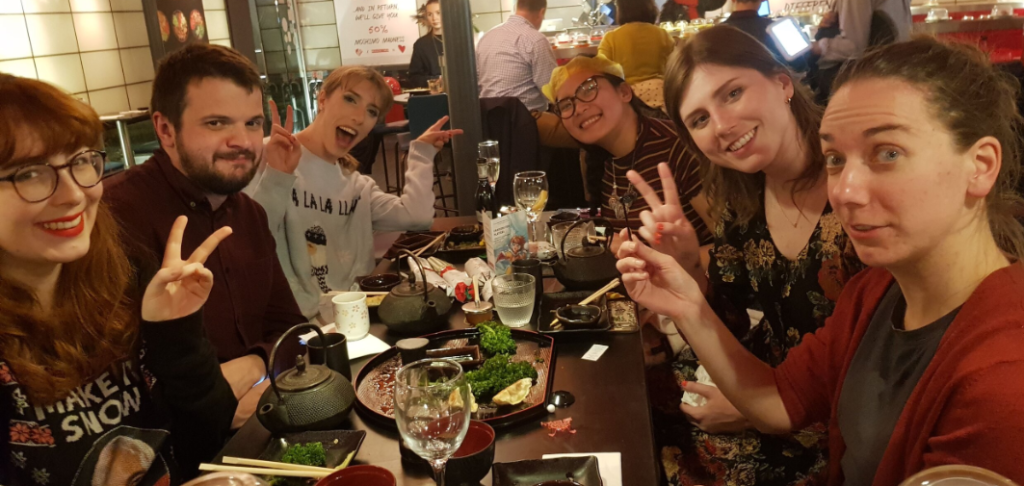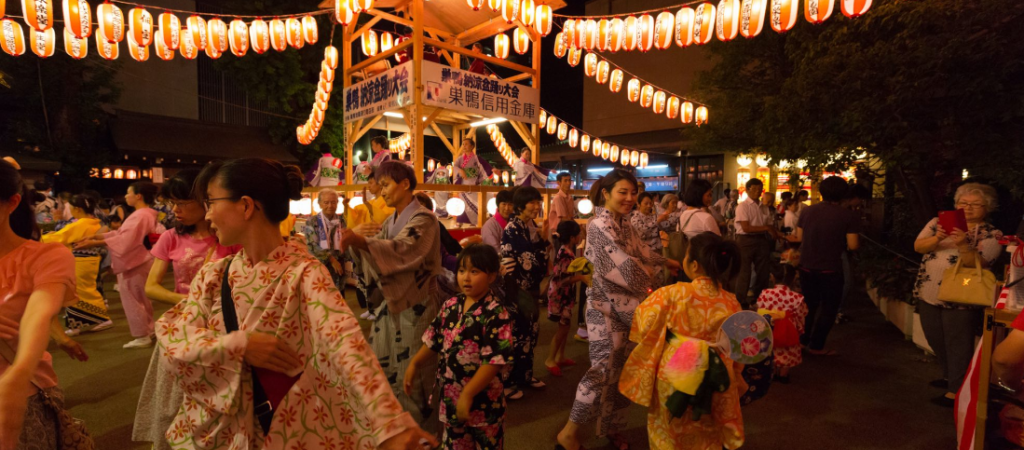
Lesson 53 Video Game Companies
Topic Question: “Can you tell me about a Japanese video game company that is popular globally?”
▮ Try Answering the Question Yourself
Consider the attributes that make a Japanese video game company stand out on the global stage, such as its iconic games or innovative game-play mechanics.
▮Sample Answer
“Nintendo is a globally popular Japanese video game company. Known for creating the Mario, Zelda, and Pokémon series, Nintendo has revolutionized gaming with innovative consoles like the Wii and the Switch.”
▮ Words to Learn and Their Meanings about Sample Answer
- Iconic (象徴的な): Widely recognized and well-established.
- Innovative (革新的な): Featuring new methods; advanced and original.
- Consoles (ゲーム機): Electronic devices for playing video games.
- Revolutionized (革命を起こした): Changed something drastically or fundamentally.
- Series (シリーズ): A sequence of related video games.
▮ Answer the Instructor’s 3 Questions Based on the Sample Answer
- What is Nintendo known for?
- Name a few video game series created by Nintendo.
- How has Nintendo revolutionized gaming?
▮ Mastering Middle School English Grammar:
to . . (I want to do) and -ing (I enjoy doing)
verbs + to . . . (I want to do)
What do you want to do tonight?
It’s not very late. We don’t need to go home yet.
Tina has decided to sell her car.
You forgot to turn off the light when you went out.
My brother is learning to drive.
I tried to read my book, but I was too tired.
verbs + -ing (I enjoy doing)
I enjoy dancing. (not enjoy to dance)
I don’t mind getting up early.
Has it stopped raining?
Sonia suggested going to the movies.
verbs + -ing or to . ..
Do you like getting up early? or Do you like to get up early’
I prefer traveling by car. or I prefer to travel by car.
Anna loves dancing. or Anna loves to dance.
I hate being late. or I hate to be late.
It started raining. or It started to rain.
would like to … , etc.
Julia would like to meet you.
I’d love to go to Australia. (I’d= I would)
“ Would you like to sit down?” “No, I’d prefer to stand, thank you.”
I like this city very much. I wouldn’t like to move.
I’d hate to lose my cell phone.
Example Sentences Based on the Grammar Practice and Sample Answer:
- Many gamers around the world want to buy Nintendo’s latest console.”
- I enjoy playing games developed by Nintendo.”
- Nintendo decided to innovate by creating the Switch, a hybrid console.”
Make Sentences Based on the Above Example Sentences Yourself:





















